Blog
Guide

Shared Ownership
Shared ownership may not be something you’ve considered up to now, but as it becomes more and more challenging to take the first step onto the property ladder, it is something which many buyers are exploring and as a result the existing scheme is being expanded.
We’ve put together this quick guide to help you decide if it could be for you:
What exactly is shared ownership?
As the name suggests, it is where you share the ownership of the property you move into. You will generally own anything from 25 – 75% and the remaining part will remain with the Housing Association. You will be charged an agreed, affordable rent for the portion which you don’t own – generally at a much lower rate than via a private landlord.
Who is it designed for?
Primarily, shared ownership appeals to first time buyers who are struggling to find the deposit they need. To qualify, household earnings need to be below the £80,000 threshold (£90,000 in London).
The scheme, however, is not solely for those starting out on their property journey and the following buyers can also benefit: -
• Previous home owners who have undergone a significant change in their circumstances (such as divorce) and can no longer afford to buy another
• Those over 55 years of age where it is referred to as the older people’s shared ownership scheme (also open to those with an expanding family who require a larger home)
• Existing shared owners who wish to move from one eligible property to another
How does shared ownership work?
As with conventional house purchase, you will need to have your deposit (usually 10%), your mortgage offer (or at least agreement in principle for the amount you need to borrow) and available funds to cover fees such as stamp duty, conveyancing and removal costs.
Through time you can increase your owned share of the property via a process called ‘staircasing’, moving from 10% to 25%, 50% and then eventually 100% ownership.
When you reach the point of owning your home outright you then have a choice to stay put or sell, remembering that the Housing Association must always be given the option to buy it before you put it on the open market.
At any point of shared ownership you still have the option to move but the Housing Association must have ‘first refusal’ on buying your share and they can then put the property up for sale.
Is Shared Ownership right for me?
At Arrow we concentrate solely on conveyancing so we are always on hand to help with any queries you might have on Shared Ownership or any other aspect of property purchase. Whilst current restrictions may have slowed things down a little, we’re still helping clients progress to completion with the minimum amount of stress.
Disclaimer
The materials on this website do not constitute legal advice and are provided for general information only. Whether express or implied, no warranty is given concerning such materials. We shall not be liable for any technical, editorial, typographical, or other errors or omissions within the information provided on this website, nor shall we be responsible for the content of any web images or information linked to this website.
The information contained in this article does not constitute financial advice or recommendation and should not be considered as such. Arrow conveyancing does not offer financial advice and is not regulated by the Financial Conduct Authority (FCA), the authors of this article are not financial advisors and are therefore not authorised to offer financial advice.
Published on :
December 8, 2024

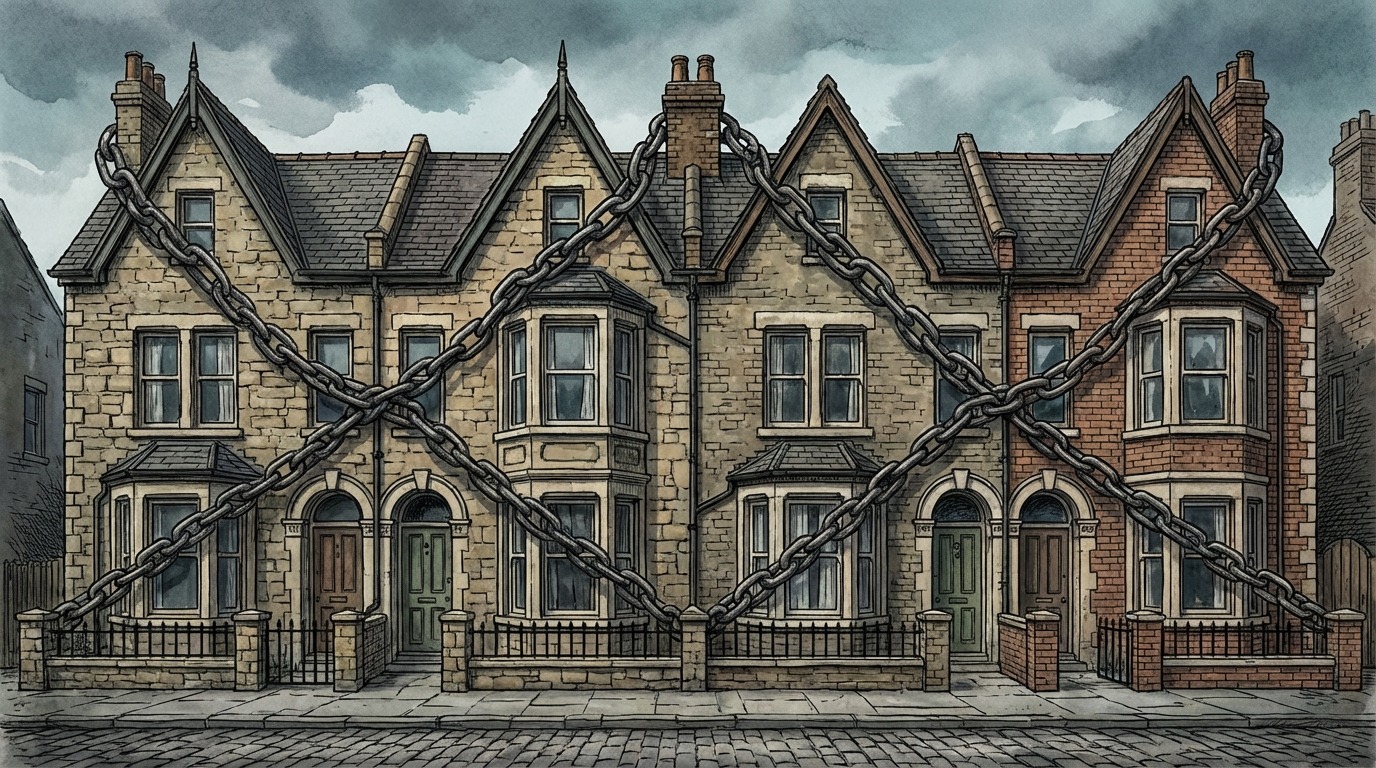
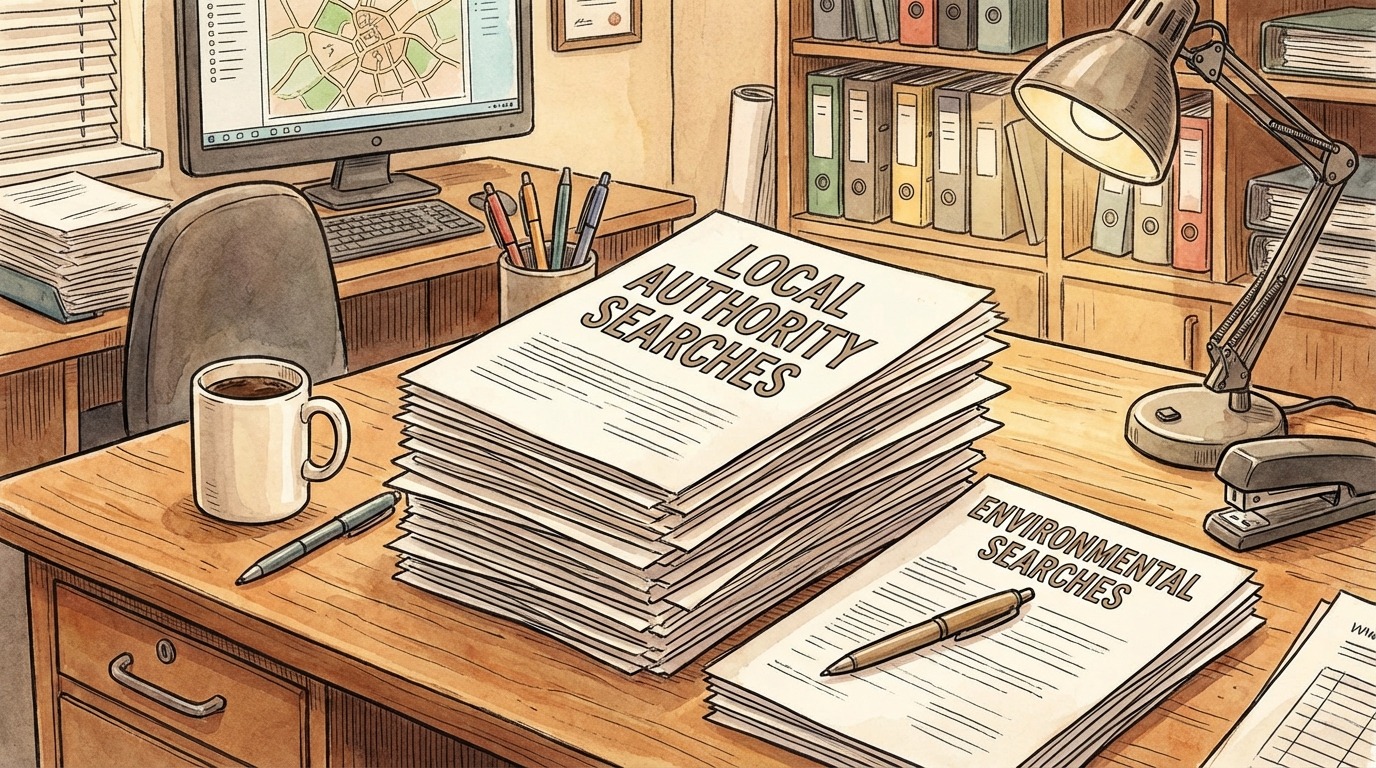
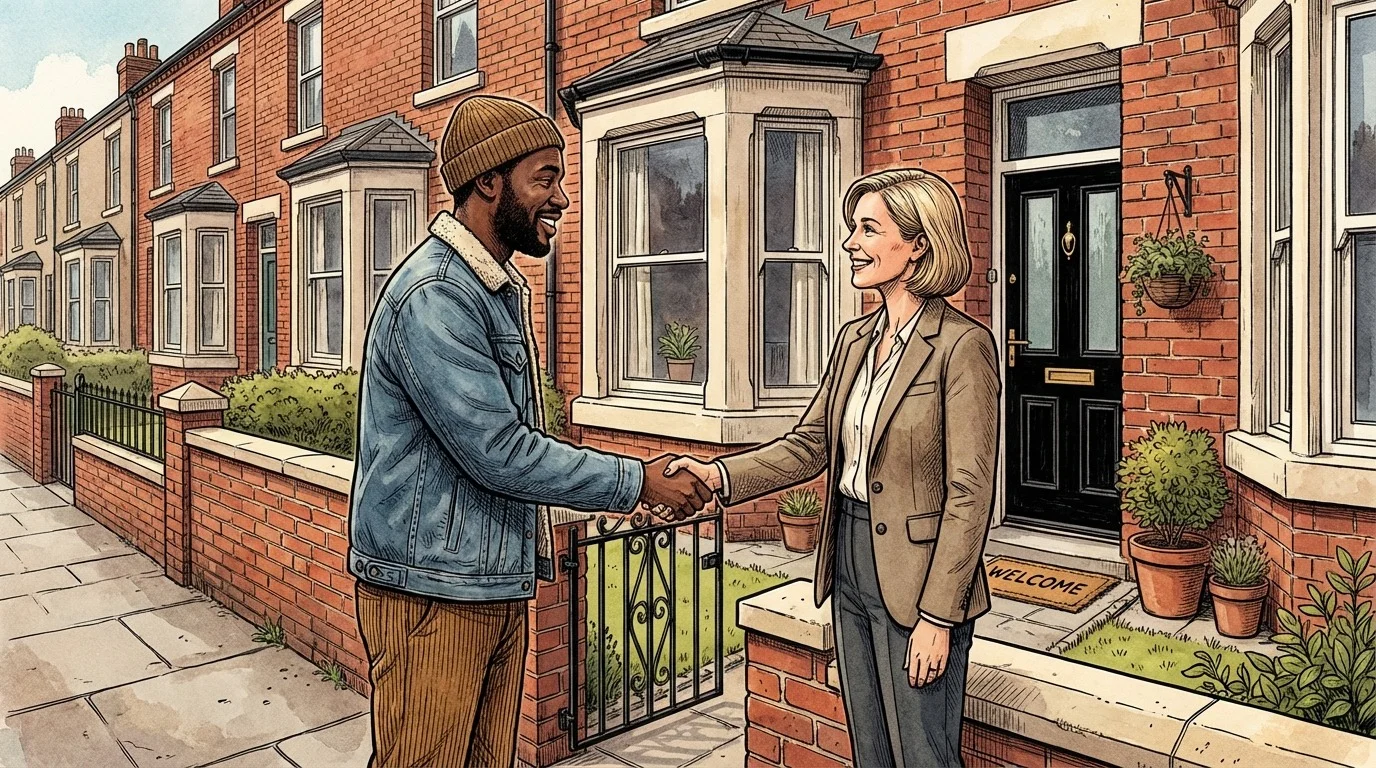
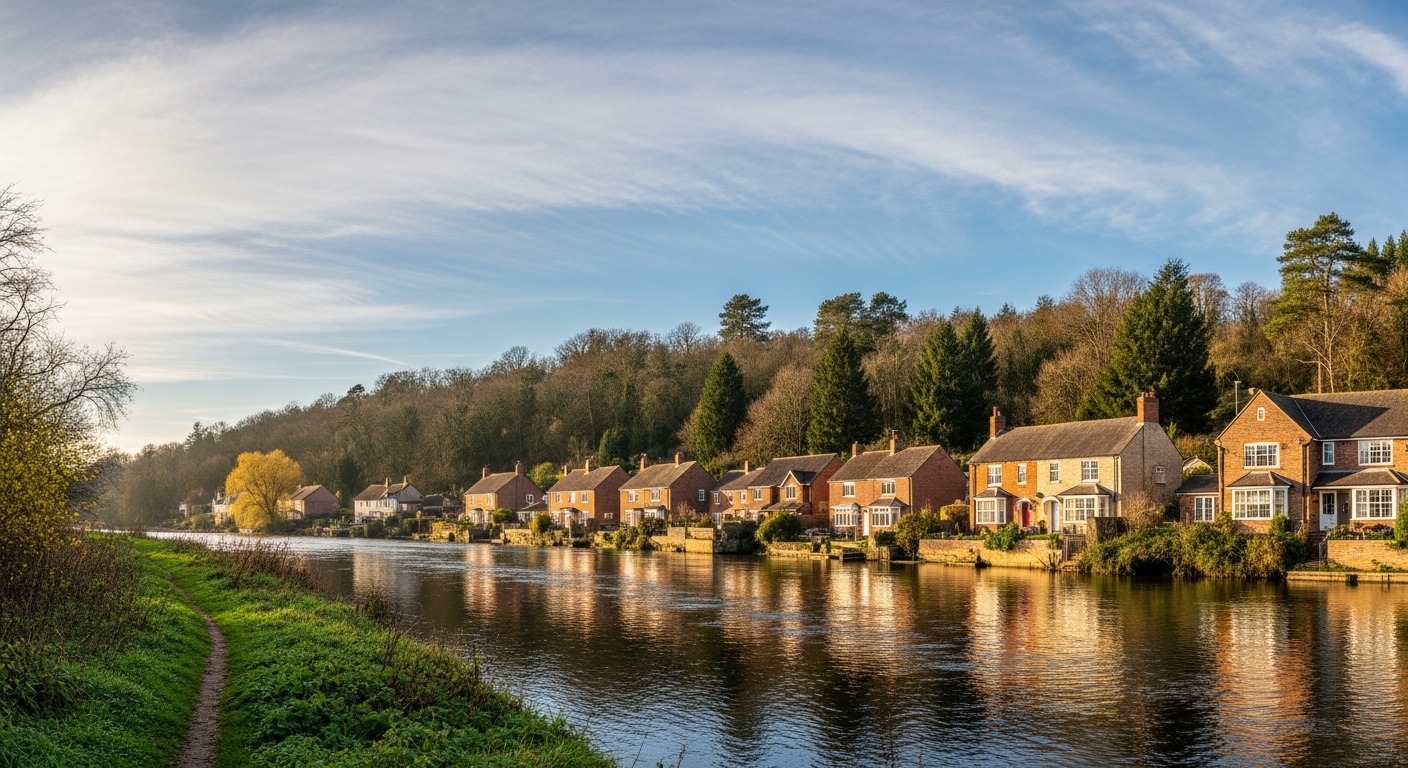
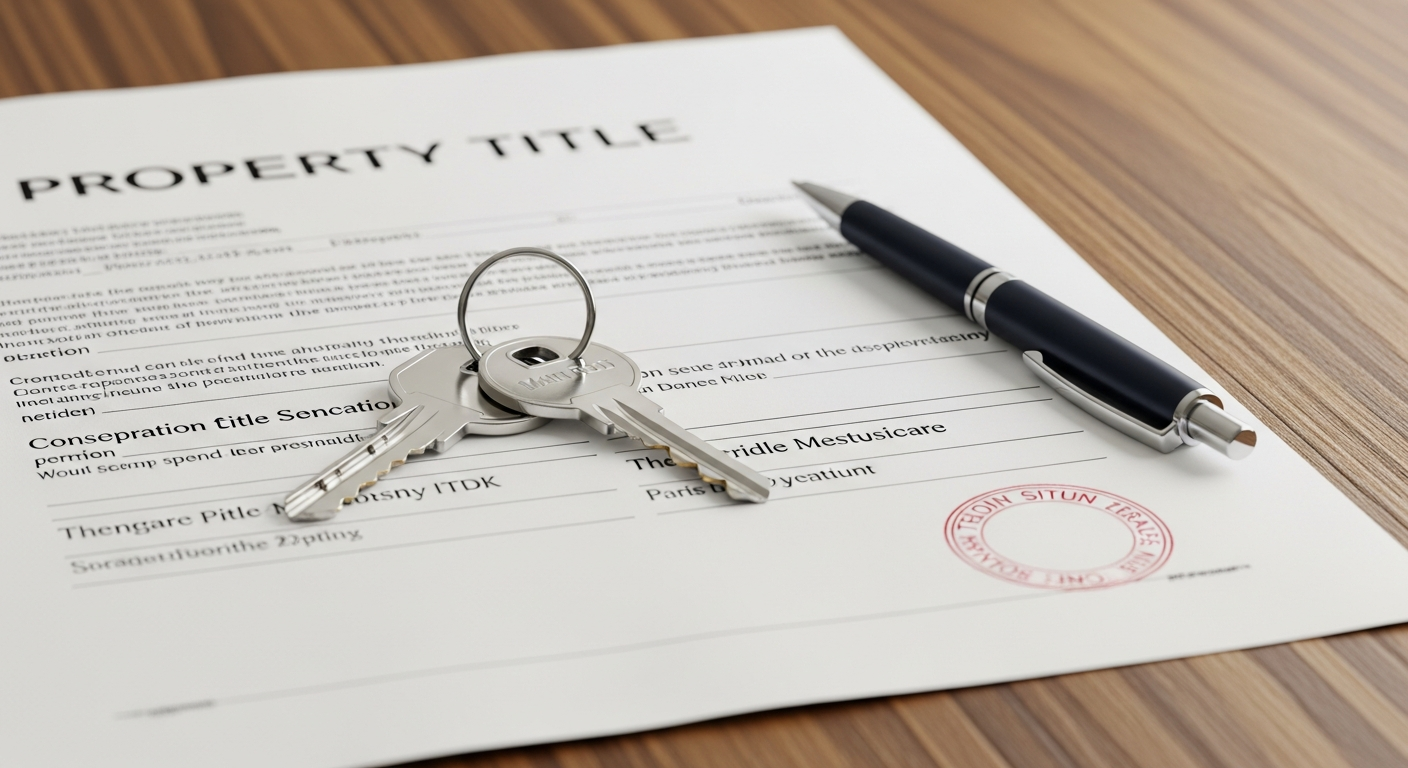
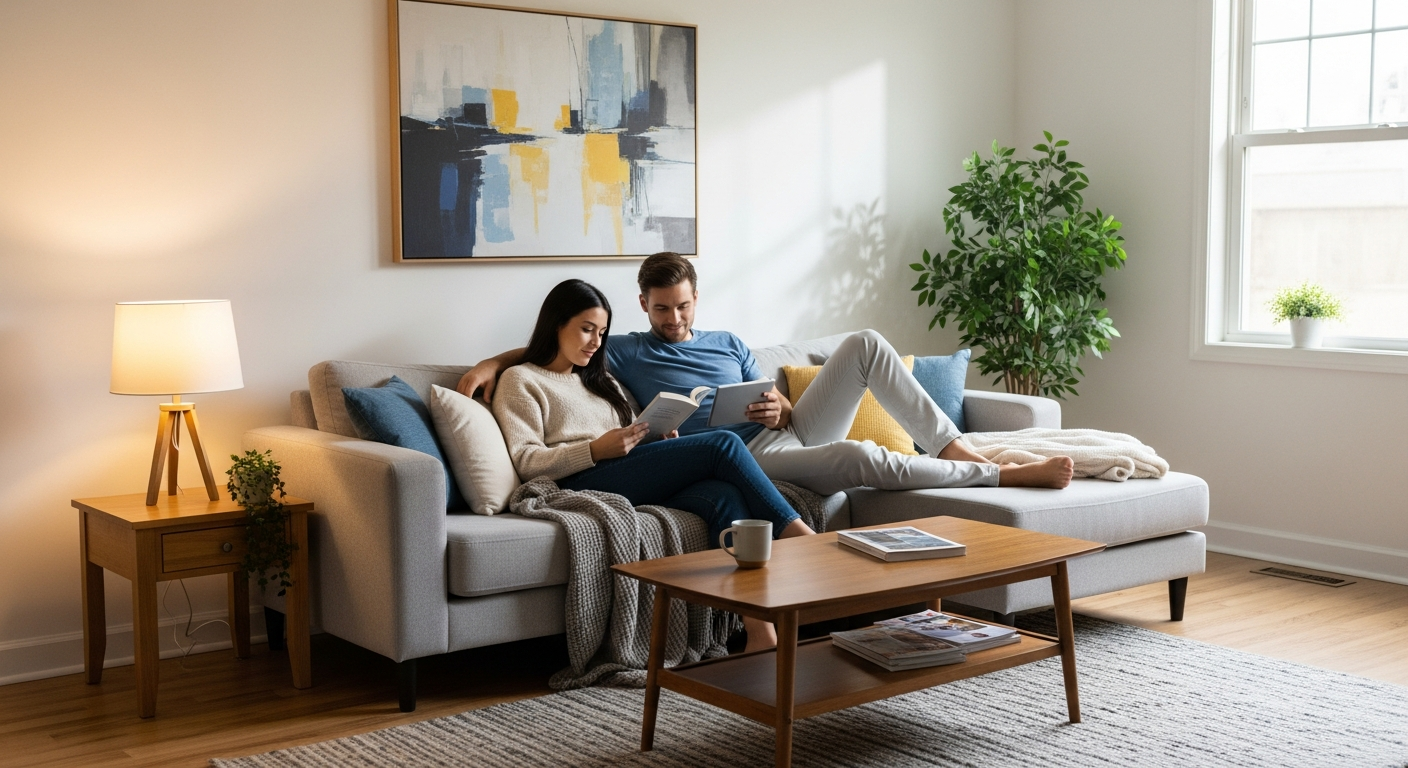


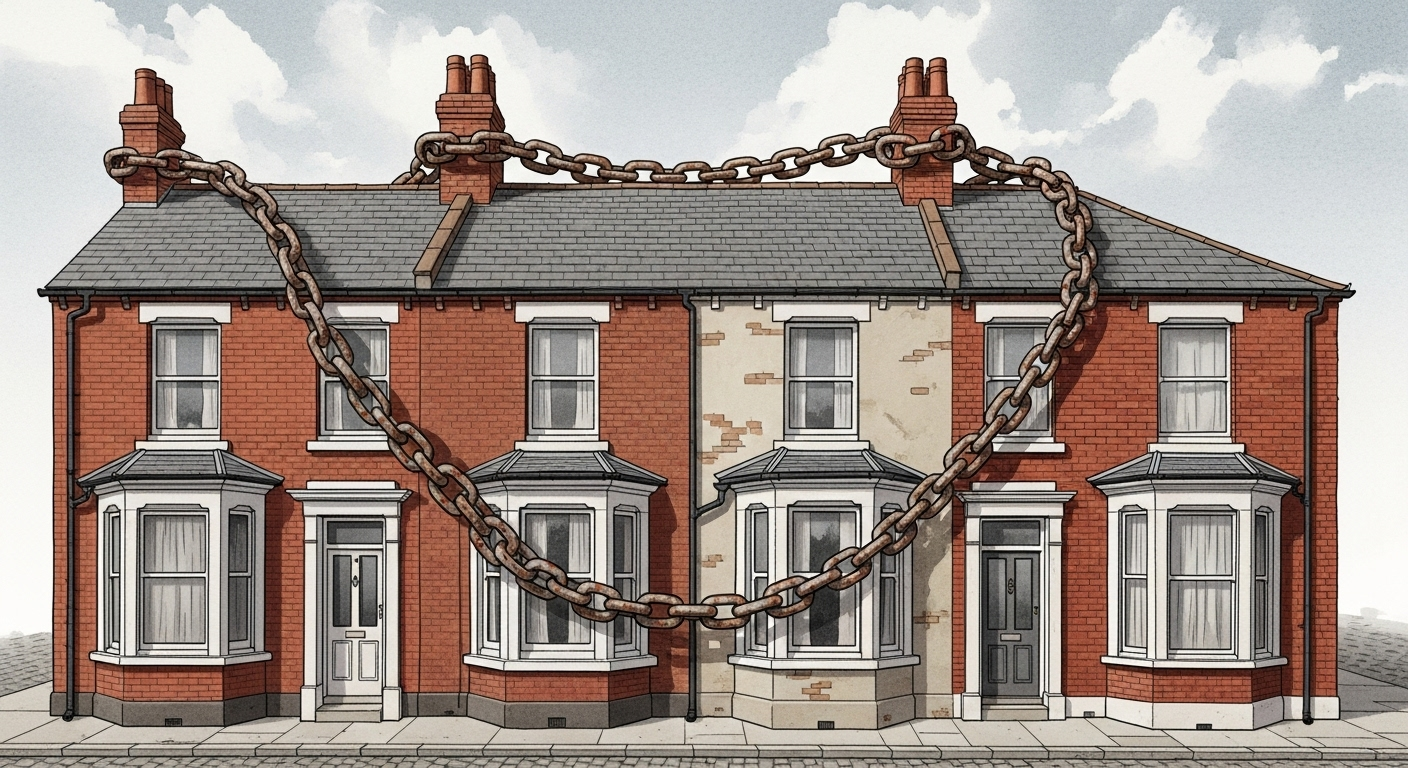

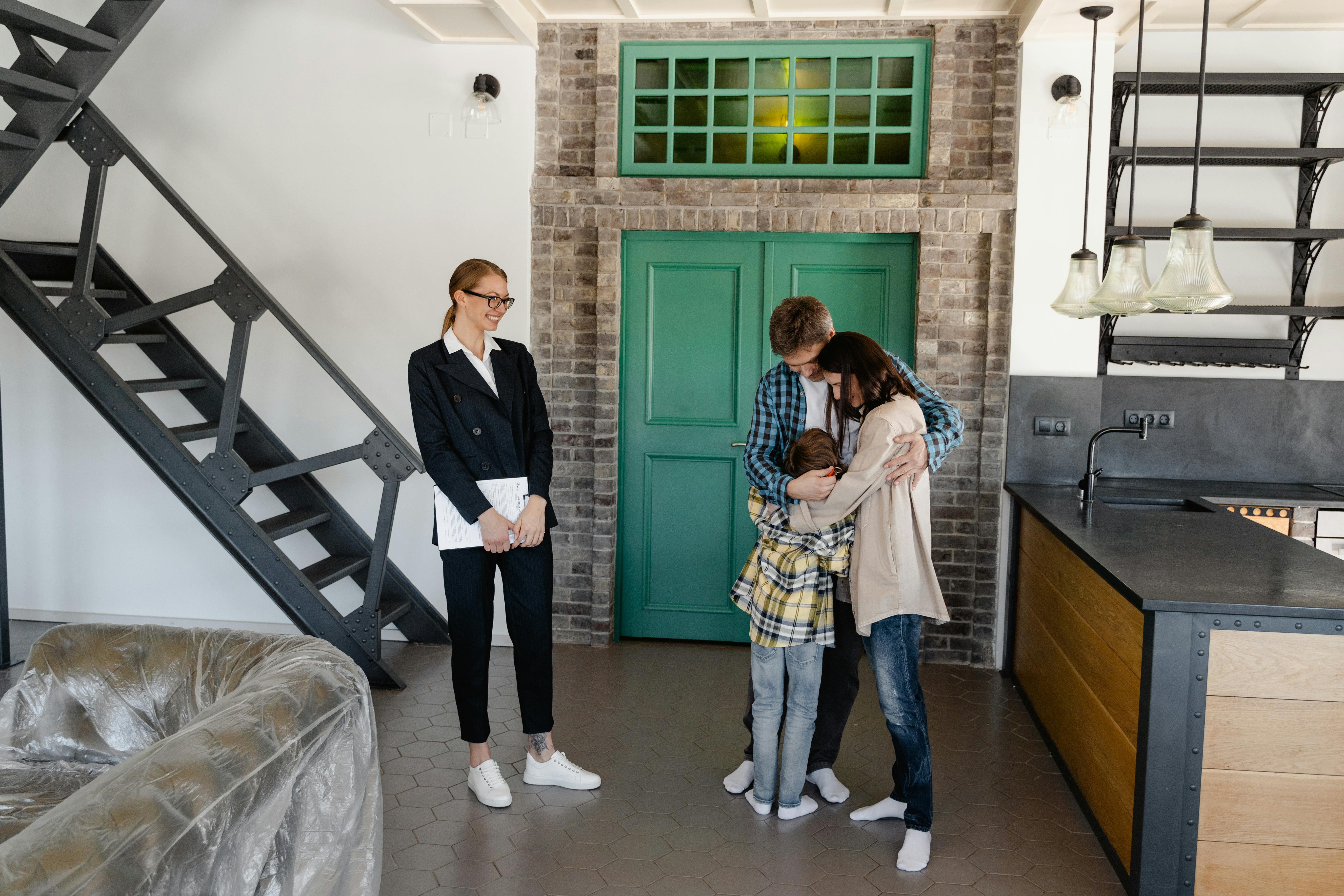
.png)





